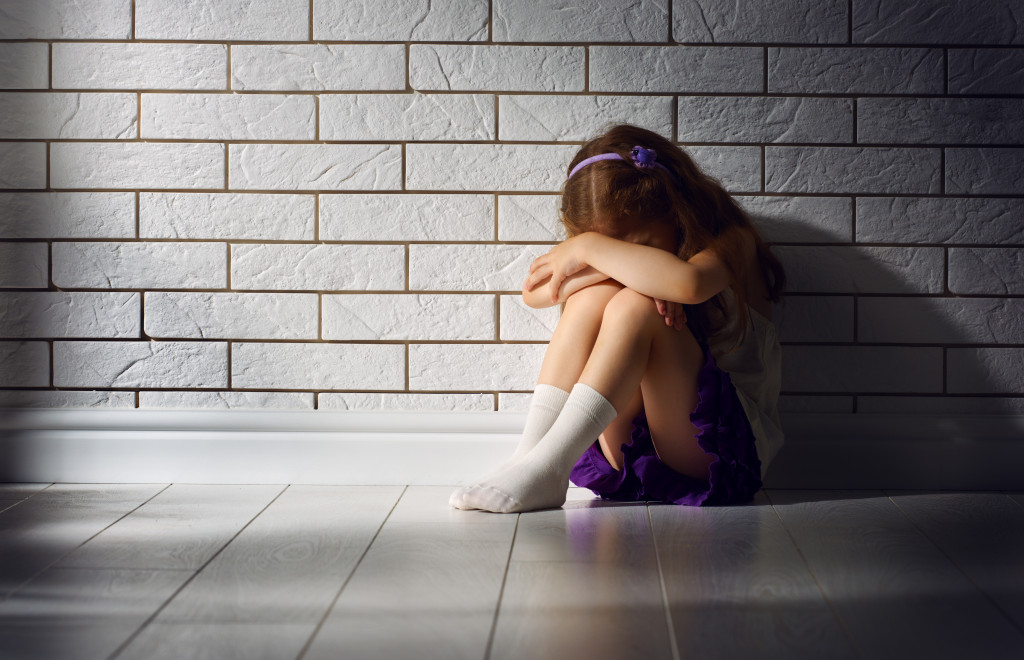It can be difficult to protect your children from domestic abuse, but it’s important to be aware of the signs. Domestic abuse can include physical violence, emotional abuse, sexual abuse, and financial abuse. If you’re worried about your child’s safety, it’s important to know what to look for and how to get help.
What is domestic abuse?
Domestic abuse is any kind of physical, emotional, sexual, or financial abuse that takes place between family members or intimate partners. It can happen to anyone, regardless of age, gender, race, or economic status.
Warning signs
There are many signs of domestic abuse. Some signs may be more obvious than others. If you’re worried about your child’s safety, it’s important to be aware of the signs of domestic abuse.
Physical signs of domestic abuse can include bruising, scratches, or other injuries. Emotional signs can include fearfulness, anxiety, or depression. Sexual signs can include changes in sexual behavior or performance. Financial signs can include shortages of money or unexplained debts.
How to know if your child is abused
If you’re worried that your child may be being abused, there are some things you can look for. Look for changes in your child’s behavior, such as withdrawing from friends or activities, or acting out in aggressive or disruptive ways. Other warning signs can include changes in appearance, such as wearing clothes that cover up bruises or injuries, or changes in sleep patterns or appetite.
Effects on children
The effects of domestic abuse can be serious and long-lasting. Children who are exposed to domestic violence may have emotional and behavioral problems, such as anxiety, depression, and aggression. They may also have difficulty in school and problems with relationships. The effects of domestic abuse on children can be devastating. They can include:
- Physical injuries, such as bruises, cuts, or broken bones
- Emotional damage, such as anxiety, depression, or Post-Traumatic Stress Disorder (PTSD)
- Behavioral issues, such as anger problems, acting out, or withdrawal
- Difficulty sleeping or nightmares
- Poor academic performance
- Difficulties with relationships later in life
- Increased risk of being abused or becoming abusers themselves, and
- Self-harm or suicide.
If you see any of these warning signs, it’s important to talk to your child and find out what’s going on. It’s also important to get help from a professional, such as a doctor, counselor, or domestic violence hotline.
Protecting your children

If you’re worried about your child’s safety, there are some things you can do to protect them.
1. Talk to your children about domestic abuse. Explain what it is and why it’s wrong.
2. Teach your children how to recognize the signs of domestic abuse. There are a few different types of abuse, and it can be hard for children to know what is happening if they’re not sure what to look for.
3. Encourage your children to come to you if they’re worried about domestic abuse. Teach them how to be open and tell someone if they are being abused at home. It’s important to make sure your children know that it’s never their fault, and that they can always come to you for help.
4. Get help from a professional, such as a domestic violence hotline or counselor. It would also be wiser to consult a domestic violence attorney so you’ll know your legal options when abuse occurs.
Create a safety plan. This should include a plan for what to do if there is an incident of domestic abuse, how to get help, and where to go for a safe shelter.
6. Make sure your children know their home address and telephone number, as well as the name and telephone number of a trusted adult they can go to if they need help.
7. Keep a close eye on your children’s relationships with family members and intimate partners.
8. Talk to your children about healthy relationships and what a good relationship looks like.
9. Model healthy relationships in your own life.
10. Seek professional help if you’re concerned that domestic abuse is occurring in your home.
If you’re worried about your child’s safety, it’s important to be aware of the signs of domestic abuse. Domestic abuse can include physical violence, emotional abuse, sexual abuse, and financial abuse. If you see any of these warning signs, it’s important to get help from a professional.
There are also things you can do to protect your child, such as talking to them about domestic abuse, teaching them how to recognize the signs, and creating a safety plan. It’s also important to model healthy relationships in your own life.

